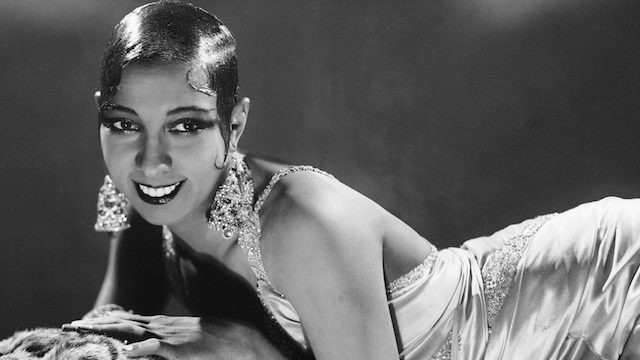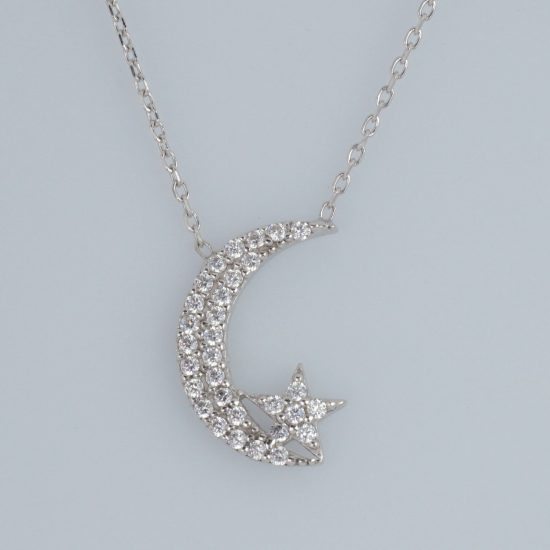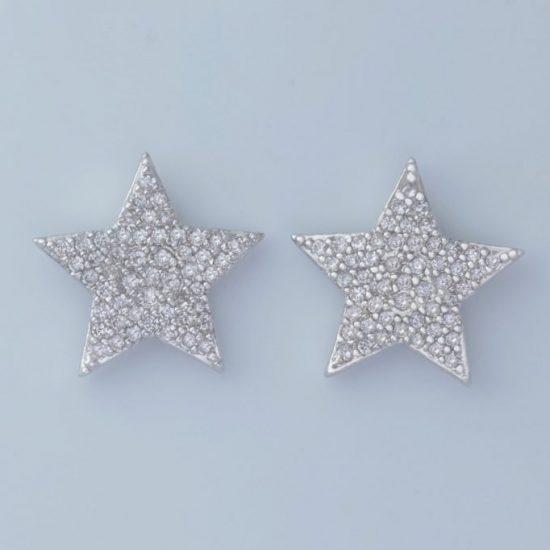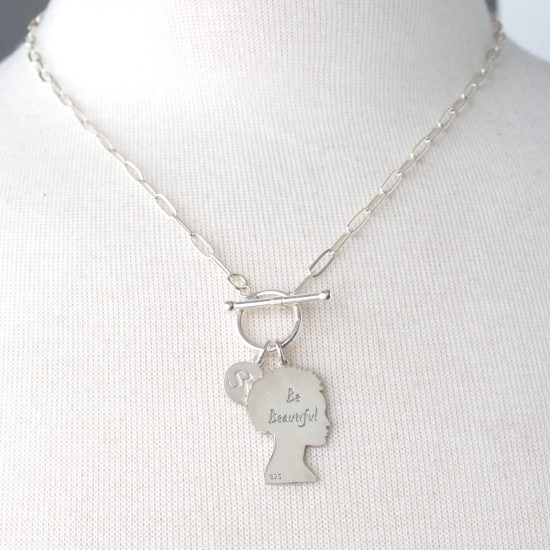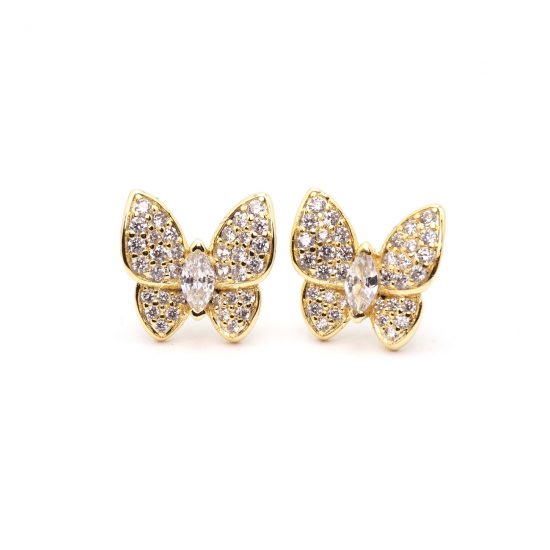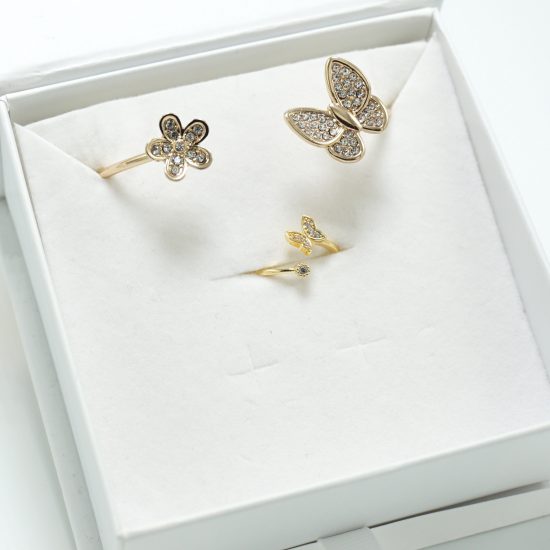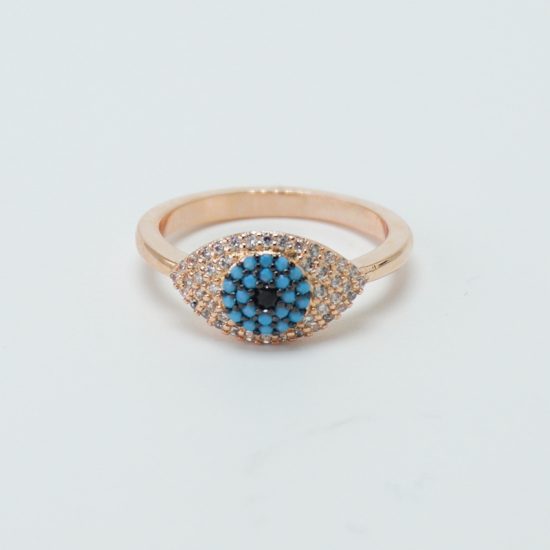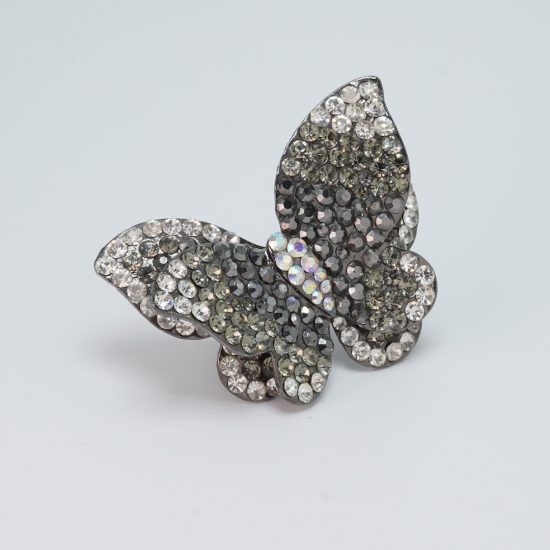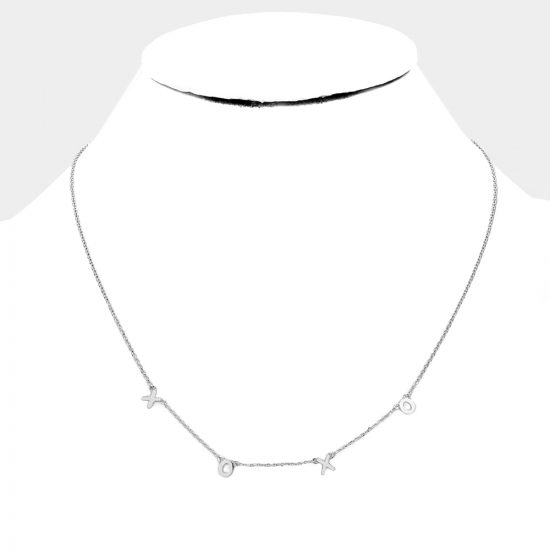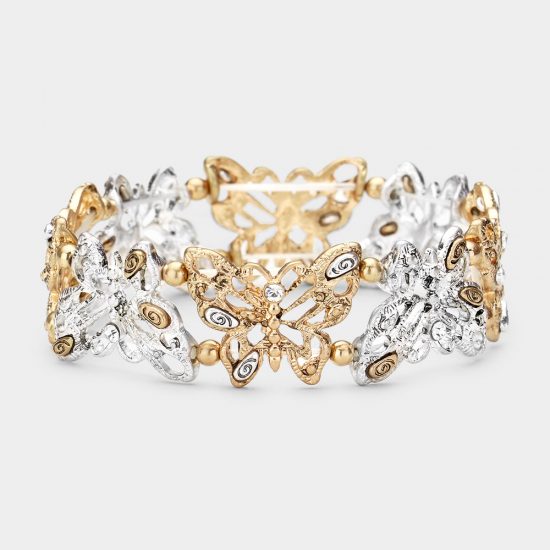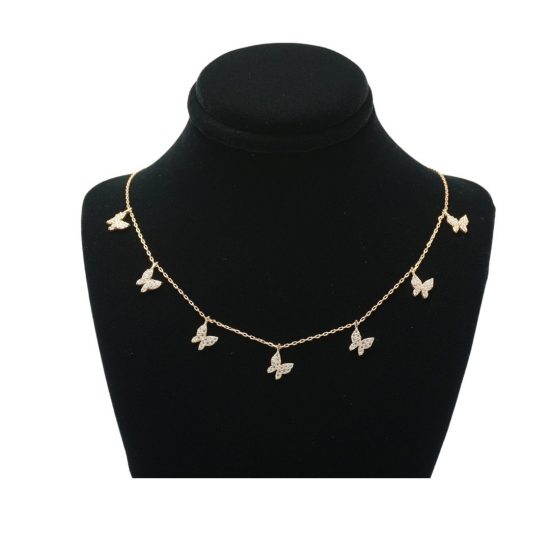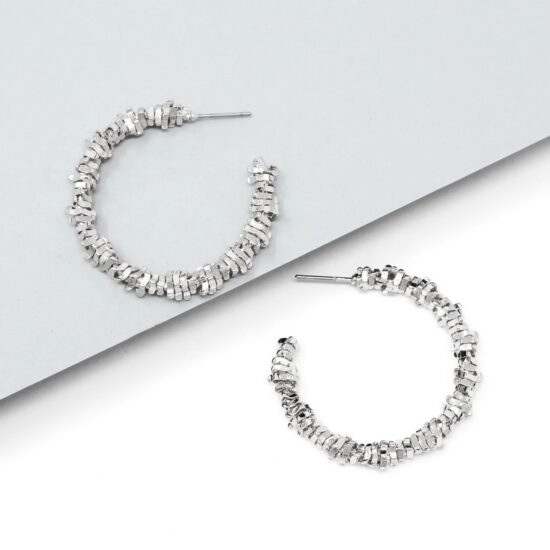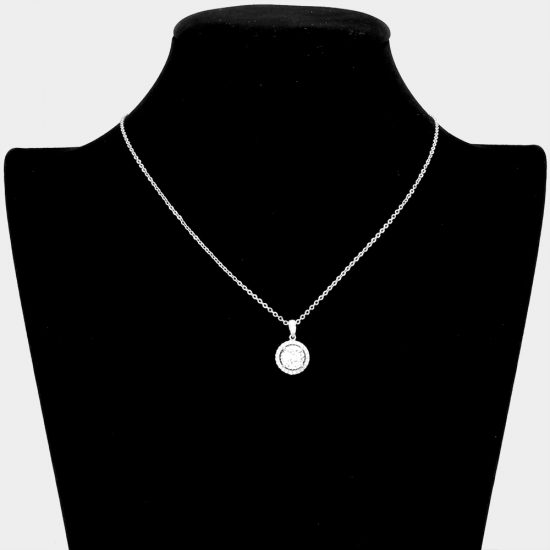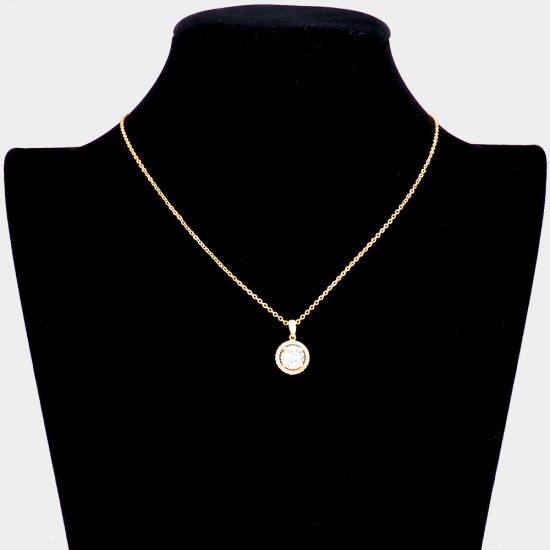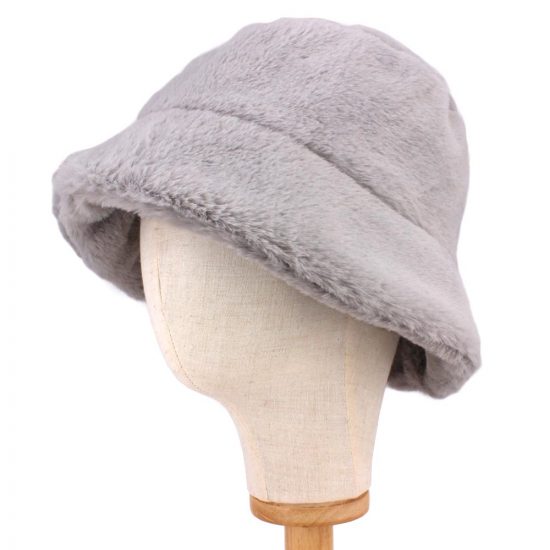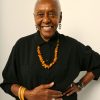Josephine Baker Sweetrocks Inspiring Woman
Josephine Baker born Freda Josephine McDonald, was an American-born French entertainer, French Resistance agent, and civil rights activist. Her career was centered primarily in Europe, mostly in her adopted France. Baker was the first African-American to star in a major motion picture, the 1927 silent film Siren of the Tropics, directed by Mario Nalpas and Henri Étiévant.
During her early career Baker was renowned as a dancer, and was among the most celebrated performers to headline the revues of the Folies Bergère in Paris. Her performance in the revue Un vent de folie in 1927 caused a sensation in Paris. Her costume, consisting of only a short skirt of artificial bananas and a beaded necklace, became an iconic image and a symbol of the Jazz Age and the 1920s.
Baker was celebrated by artists and intellectuals of the era, who variously dubbed her the “Black Venus”, the “Black Pearl”, the “Bronze Venus”, and the “Creole Goddess”. Born in St. Louis, Missouri, she renounced her U.S. citizenship and became a French national after her marriage to French industrialist Jean Lion in 1937. She raised her children in France. “I have two loves, my country and Paris”, Baker once said, and she sang: « J’ai deux amours, mon pays et Paris ».
She was known for aiding the French Resistance during World War II After the war, she was awarded the Croix de guerre by the French military, and was named a Chevalier of the Légion d’honneur by General Charles de Gaulle.
Baker refused to perform for segregated audiences in the United States and is noted for her contributions to the Civil Rights Movement. In 1968, she was offered unofficial leadership in the movement in the United States by Coretta Scott King, following Martin Luther King Jr.’s assassination. After thinking it over, Baker declined the offer out of concern for the welfare of her children.
Although based in France, Baker supported the Civil Rights Movement during the 1950s. When she arrived in New York with her husband Jo, they were refused reservations at 36 hotels because of racial discrimination. She was so upset by this treatment that she wrote articles about segregation in the United States. She also began traveling into the South. She gave a talk at Fisk University, a historically black college in Nashville, Tennessee, on “France, North Africa And The Equality Of The Races In France”.

